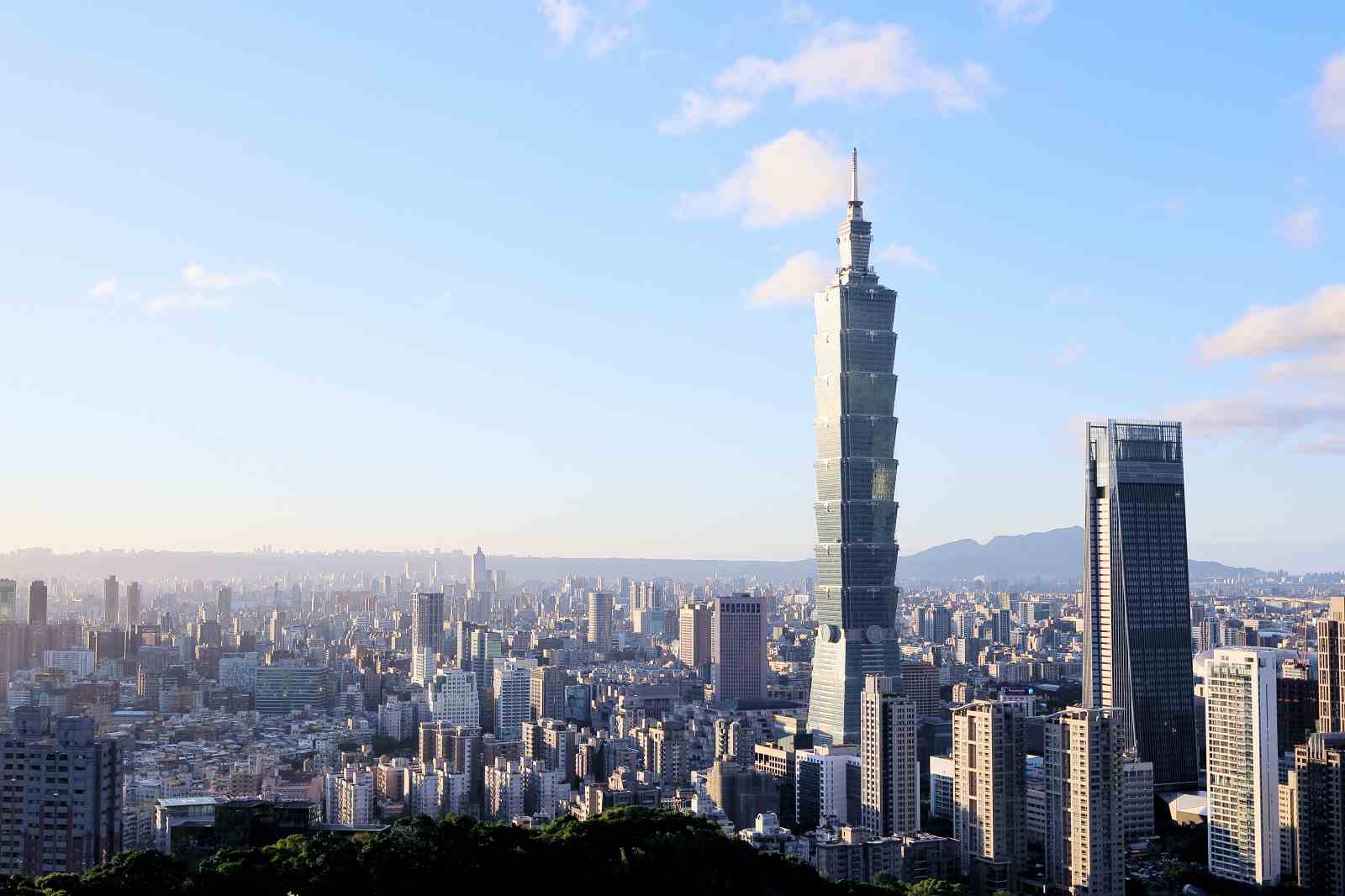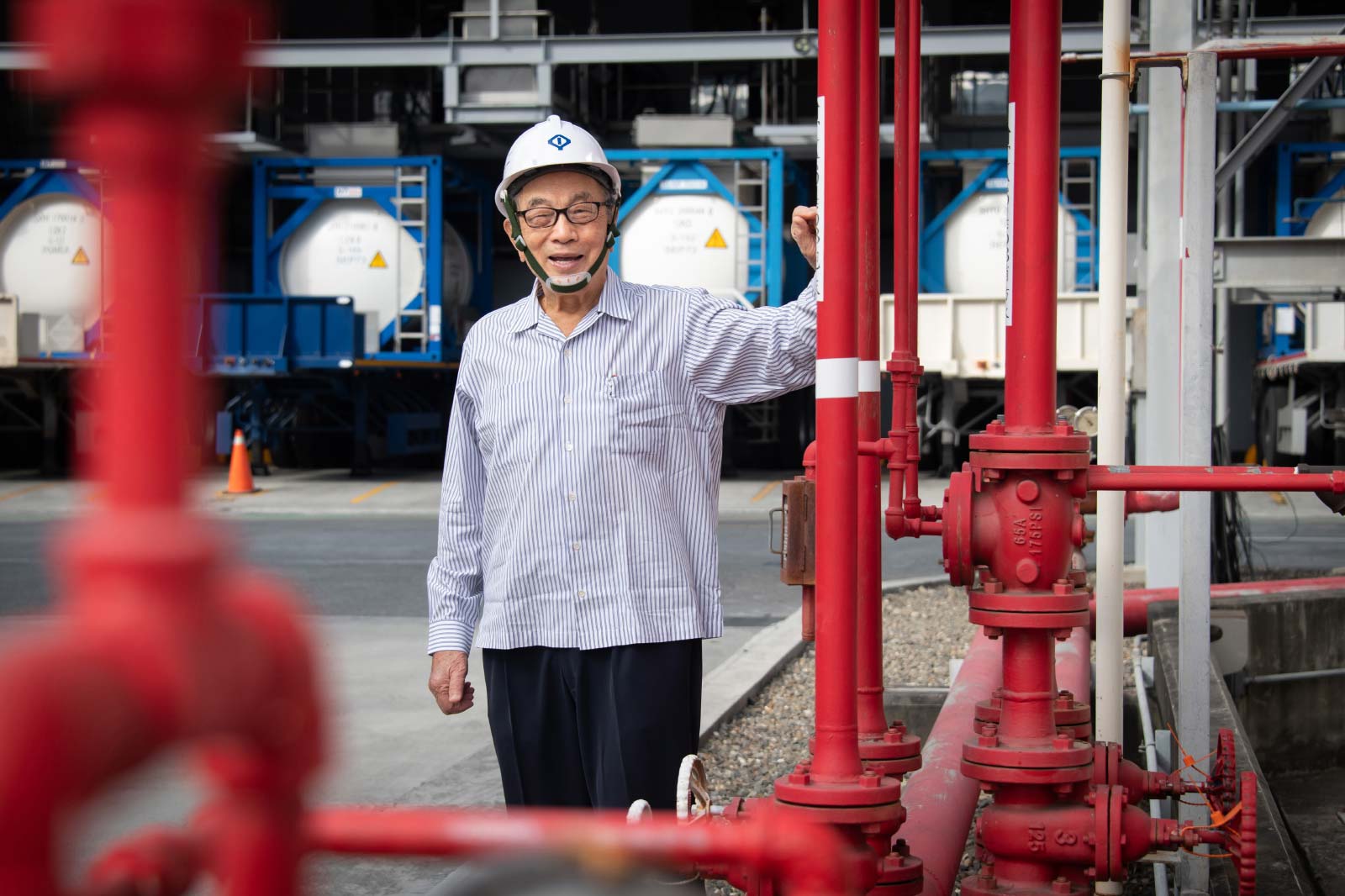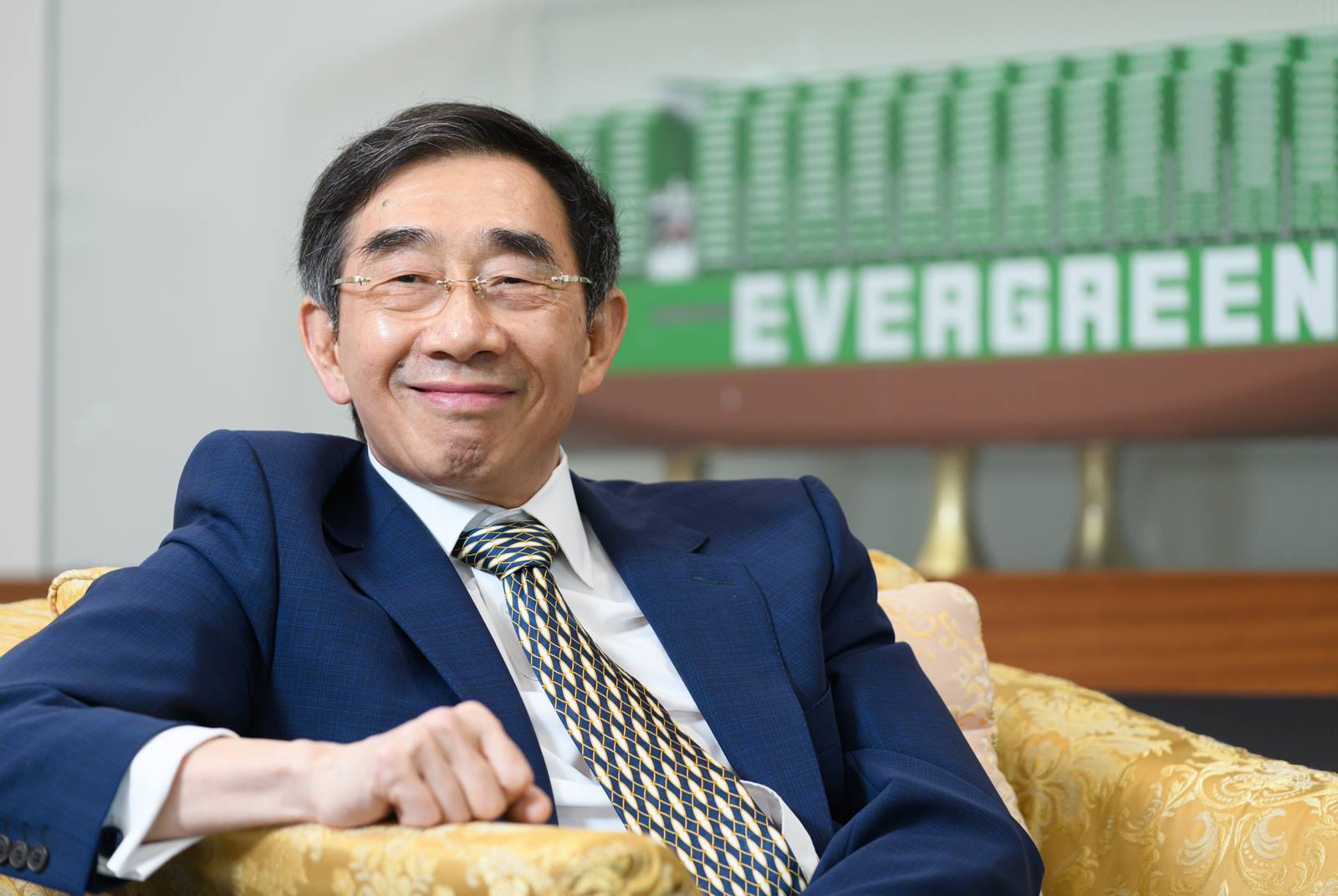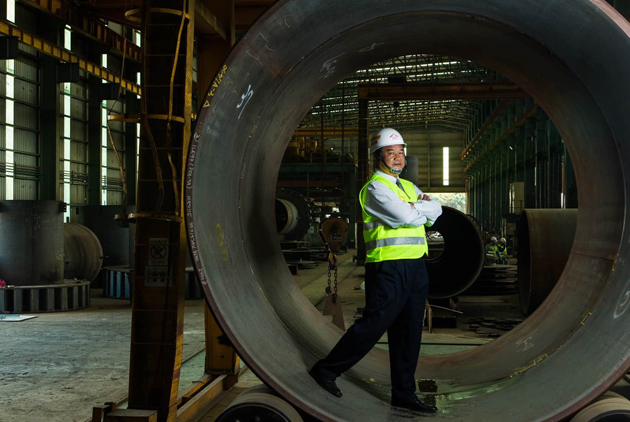2008 Most Admired Company Survey
Finding a Firm Footing for Growth
In 2008, which Taiwanese companies have the wherewithal to weather a global financial meltdown and precarious market conditions? The island’s benchmark enterprises are those creating growth with a solid stance on their foundations.
Views
Finding a Firm Footing for Growth
By Isabella WuFrom CommonWealth Magazine (vol. 407 )
The more grim and precarious the market situation, the more the actual strength and real value of a business is tested.
Since 1994, CommonWealth Magazine has been selecting which Taiwanese companies are the most capable, based on 10 major leading indicators such as foresight, innovation, operational efficiency, human resources and long-term investments. And earning the acclaim of more than 1,000 experts and industry colleagues in the midst of such a turbulent operational environment is all the more impressive. (Table 1)
Other than the continued prestige of Taiwan Semiconductor Manufacturing Corp. – perched at the top as it has been for 12 years running – the CommonWealth Magazine Most Admired Company Survey has seen a major reshuffling in 2008, with some standout newcomers announcing their arrival with completely different competitive gambits from times past.
Standing out well above the rest on the 2008 CommonWealth Magazine list of benchmark companies are High Tech Computer Corporation (HTC) and Giant Manufacturing Co., Ltd.
HTC:Leaping Seven Spots to Third Place
Just eleven years old, HTC Corp. has penetrated the market for smartphones and is consistently linked with some of the world's most notable brands. A little more than two weeks ago, President and CEO Peter Chou introduced the company's first-run production of the Google Phone in the United States in conjunction with telecom provider T-Mobile. But just a few months prior to that, the company launched its own latest throughout the world – the HTC Touch Diamond running Microsoft's Windows Mobile operating system. That handset drew immediate and continuing comparisons with Apple's iPhone, even before it hit the market.
That the HTC brand could achieve such a lofty global position in such a brief period is testimony not to reliance on advertising and promotion commonly seen in the consumer electronics sector, but to HTC's ability to innovate first, solve core difficulties step-by-step, and make good products. Among the 10 leading indicators, HTC's foresight capabilities took a great leap forward to third place.
Neither software giant Microsoft nor international chipmaker Qualcomm possessed the experience to squeeze the complex Windows Mobile operating system into a tiny smartphone half the size of a human palm and also cram the capacity to simultaneously operate WiFi, GPS, Bluetooth and other powerful applications onto a single chip. The cooperative effort between HTC and Qualcomm engineers sought not just to improve design but also to work some of the bugs out of the Microsoft operating system and ended up setting a technological threshold that will be difficult to surpass.
That HTC received the biggest share of Google's development funding for the Google Phone project that has captured the world's attention is the best evidence that HTC is paving a new road toward its next wave of growth.
Giant:Two Wheels Overtake Four
Giant Manufacturing Co., Ltd. claims the top spot in the vehicle industry this year, the first time a bicycle manufacturer has eclipsed Taiwan's automotive industry. (Table 2)
During the past year, cycling has come to be something of a national pastime in Taiwan, with everything from mountain bikes to folding bikes ubiquitous in parks and filling bike paths on weekends in any weather. In the first half of this year Giant doubled its sales of bicycles in Taiwan, and enjoys universal envy as it rides the wave of energy conservation and recreational lifestyles.
With the rising culture of physical fitness and environmentalism, any brand could be the big winner – why Giant?
"We've been elated recently," says Giant spokesman Hsu Li-chung. With independent dealers in Europe, North America and Japan voluntarily hanging out the Giant shingle and exclusively selling Giant bicycles, "it shows that in advanced markets we are now in direct contention with the top local brands," Hsu says. "Consumers trust our quality."
Even while opening flagship stores and outlets aimed exclusively at women, Giant has refused to slack off on R&D investment or product quality enhancement, even demanding employees of affiliated companies ride the bicycles they produce, to personally test the quality and cultivate a greater concern for that quality. Only then can the company improve quality in even the most minor of details.
Both HTC and Giant clearly manifest one characteristic shared by all the benchmark companies – the ability to create growth by returning to the basics and getting a solid footing. This quality is particularly important in trying economic times like these.
Solid Management Determines Triumph or Failure
"In the past there wasn't much of a problem with companies being a little looser," says Lee Ji-ren, vice dean of National Taiwan University's College of Management.
When the overall business climate was on the way up, most businesses were able to rise with the tide to one degree or another.
"With the market now in decline, the need to break the siege and alter the current situation is a test of companies' basic capabilities," Lee says.
And it's not just in Taiwan. According to the New York Stock Exchange's "2009 CEO Survey" of listed European and American companies, there is wide agreement that management capability is the most important factor influencing future profitability and operating revenue growth, far surpassing product innovation, new technology, brand strength and strategic alliances.
"Drawing a bigger pie and applying more impressive theory is useless," says Paul Liu, executive director of IBM Taiwan's Global Business Services unit. In his frequent close interactions with Taiwanese companies, Liu has noticed that those that ensure each link is solidly addressed are better able to get a quick grip on the facts, once confronted with any kind of change. The key to modern business efficiency is to have everybody working from the same playbook with just one order from the top.
President: Sayonara, Hello Kitty
Amid an economic downturn, retailers have engaged in one sales promotion after another, but President Chain Store Corp. president C.J. Hsu decided to brave the wrath of numerous franchisees in abandoning the giveaways of Hello Kitty magnets and other promotions in favor of a return to the company’s most basic product strength. Those promotions had previously spurred surprising numbers of customers to spend at the company's convenience stores.
"The thinking behind returning to our origins," Hsu says slowly but with deep meaning behind his words, "was that marketing is a surface feature. If it becomes the ordinary state of things, we’ll lose complete track of why customers come in the first place."
Even in the event of a sudden surge in operating revenue in the short-term, the company's most core capabilities could be gradually lost.
Hsu firmly believes that "only if the product is good and the service is good" will customer demand for that product continue; that is the real lifeblood of a business.
Following the customers' lead also earns President Chain Store high marks from consumers.
Before the autumn chill even arrives, President’s 7-Eleven chain stores have already unveiled a new flavor for their Japanese-style oden stewed snacks, swapping out bamboo-skewered fish balls and heilun – a long, round style of tempura – for turnips, mushrooms, boiled eggs and tofu. On the front of each square steel urn, signs also clearly indicate the caloric content of each item. Although still in a trial sales period, purchases of the items have been climbing rapidly.
"We've found a lot of women customers buy the oden," says Liang Wen-yuan, assistant department manager of the company's Fresh Foods Department. Moreover, with health consciousness becoming increasingly widespread, Liang has introduced more fresh vegetables and a vegetable stock into the oden offerings and more women customers are combining several items into a full meal, creating a new market for the items and spurring new growth.
Synnex:Diverse Management, Fast Logistics
Contrasted with those facing hardships from declining domestic demand, information products distributor Synnex International risks excessive growth.
Synnex has been aggressively expanding in recent years, crossing into China and investing in India, acquiring the distribution rights to 300 brands and offering more than 7,000 items in its various market networks.
"But which items will turn a profit? The organization has gotten bigger – how can we keep from becoming scattered?" Synnex Group president Evans Tu asks himself.
Information technology distribution has notoriously slim profit margins, is focused on split-second speed and efficiency, and relies heavily on logistics systems. This happens to be Synnex's strong point: Transnational operational capabilities are where Synnex scores top marks.
Company Founded on Basic Abilities
We've all seen the rapid pace with which Synnex has expanded, but what has remained unseen has been its simultaneous increase in key personnel to raise its logistical management capabilities.
Directly beneath the office of the corporate president is a quality control unit the average company lacks – the "Operational Quality Management Office" with 60-plus employees, which monitors and analyzes sales figures, inventory and other data on a separate track parallel to the managers of each business unit.
"We're like a band of assistants," explains Kuo Chin-chang, administrative supervisor of the Operational Quality Management Office. "Managers' time is limited."
Managers of business departments spend their time pondering direction, setting strategy, pursuing objectives. The Operational Quality Management Office assists in crunching numbers and does not involve itself in operations or profit-loss issues in order to more objectively interpret the data, lest a system with 7,000 products being simultaneously marketed easily become riddled with loopholes.
Kuo has intentionally brought in personnel from varying backgrounds in financial, sales, technical and even consulting companies to build a diversified team of assistants.
The Operational Quality Management Office is charged with not only catching oversights, but also accelerating processes. To change and upgrade operations always requires a new system, and department managers can always turn to the office to design that system. Change is thus never delayed due to the non-stop schedules of managers. The office also compiles systems for each varying market, borrowing or sharing experiences in other areas to hasten the process.
"A company's foundation still lies in its most basic capabilities," Tu says. "Making sure we have the very best position in the production supply chain – that's the real advantage."
MediaTek:Building a Foundation Worthy of a Skyscraper
MediaTek ranks at the top this year in terms of personnel training. One of the new tasks top-level company executives were charged with beginning this spring was attending and presiding over classes to extend the corporate culture through all levels of company employees.
The number of MediaTek employees has surged tenfold in just seven years in step with the expanding China market and cell phone market.
"Future development will depend on the stability of our foundation," says MediaTek vice president Mingto Yu. While innovation, growth and continuously evolving technology are all important, even more critical is that "everyone really understands why MediaTek has been successful in the past," says Yu.
New employees, in particular, are apt to regard themselves as having ascended the pinnacle, given MediaTek's status as Taiwan's most coveted stock, a situation Yu likens to "joining a tycoon's family." But future competition will be fierce and if the company loses the corporate culture of "bold and innovative thinking" it possessed at its founding, it will lose its ability to continually take risks in opening new territory.
During the past 10 years, the entire company has been focused on pursuing market share and boosting sales. Now, before the leaves have fallen in its 11th year, the company is seeking to sink deep roots. Chairman Tsai Ming-kai personally presides over classes for top managers, regaling them with the principles of founding a business, even videotaping the proceedings. Those top managers then design classes for their underlings, passing on what they have learned and bringing in consultants to translate the abstract corporate culture into tangible, quantifiable terms.
They evaluate whether managers are putting bold and innovative thinking into practice, according to such criteria as whether they encourage their subordinates to innovate, or candidly address their subordinates’ performance results. The training and evaluation program will soon be taken to overseas branches.
It's difficult to imagine a technology company obsessed with speed putting corporate culture in the forefront.
But "if we want to build a fifty-story skyscraper and not a five-story apartment building," Yu says, "we know that the depth of the foundation we need is definitely not the same."
With the fluctuations of the business cycle, those companies with real operational capability will gradually find their footing, accumulate momentum and create growth.
Translated from the Chinese by Brian Kennedy
Chinese Version: 2008標竿企業聲望調查 腳踏實地再成長





